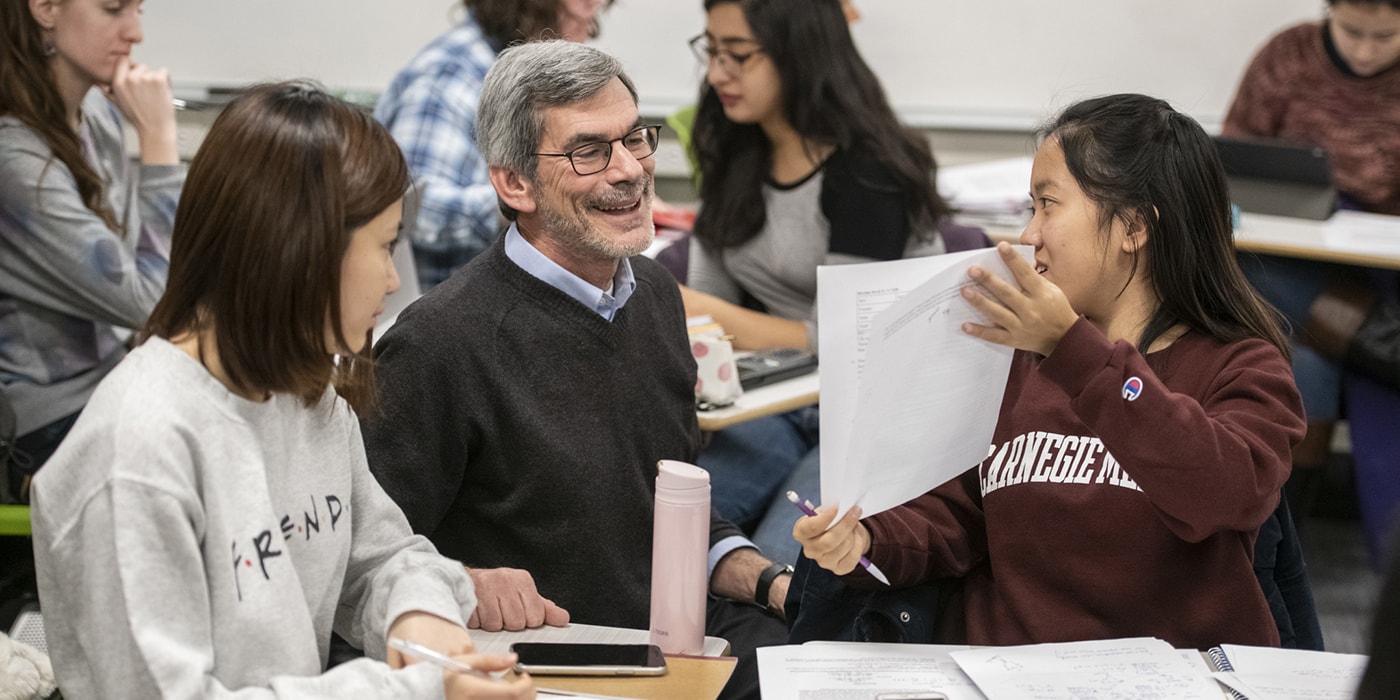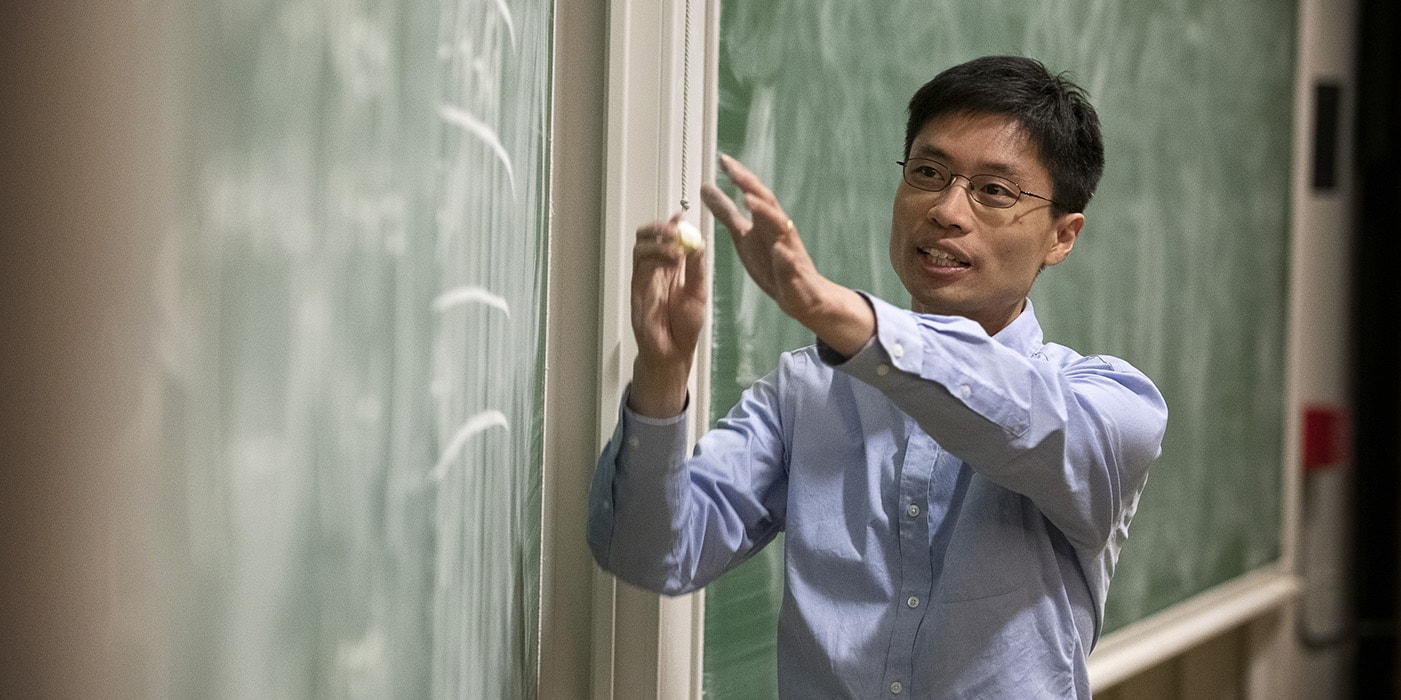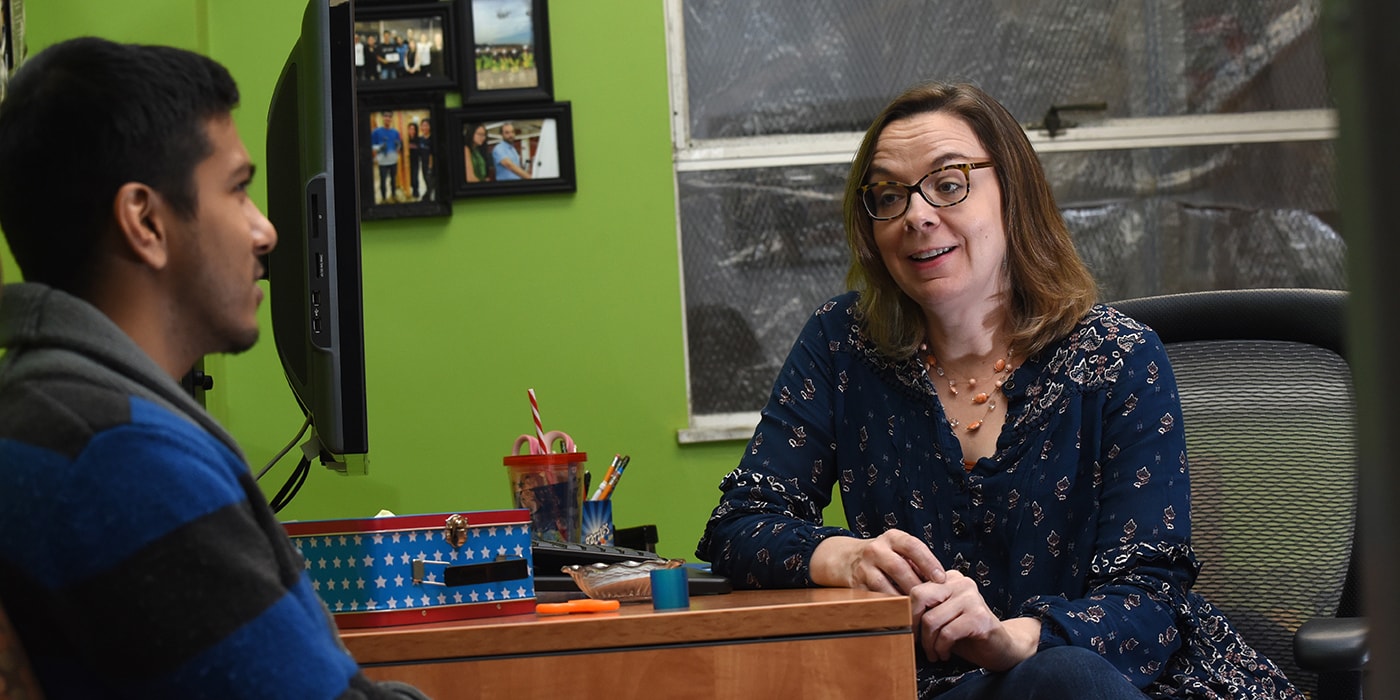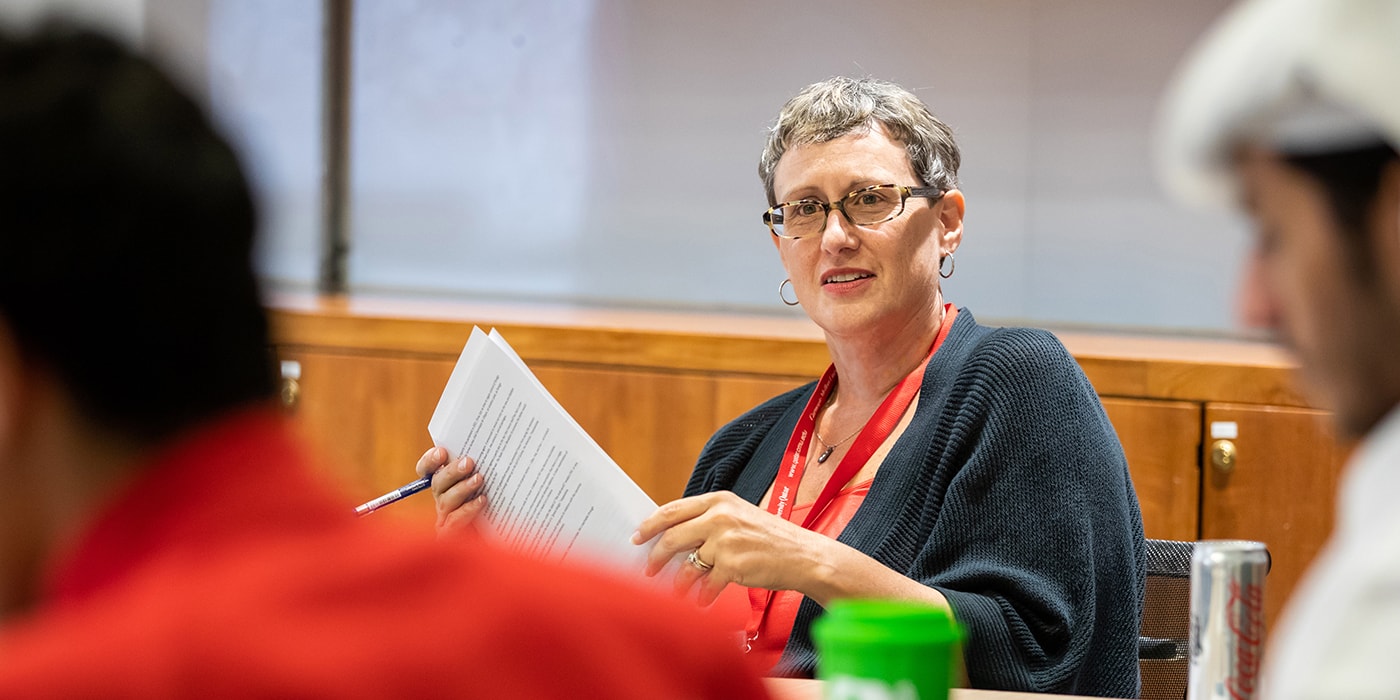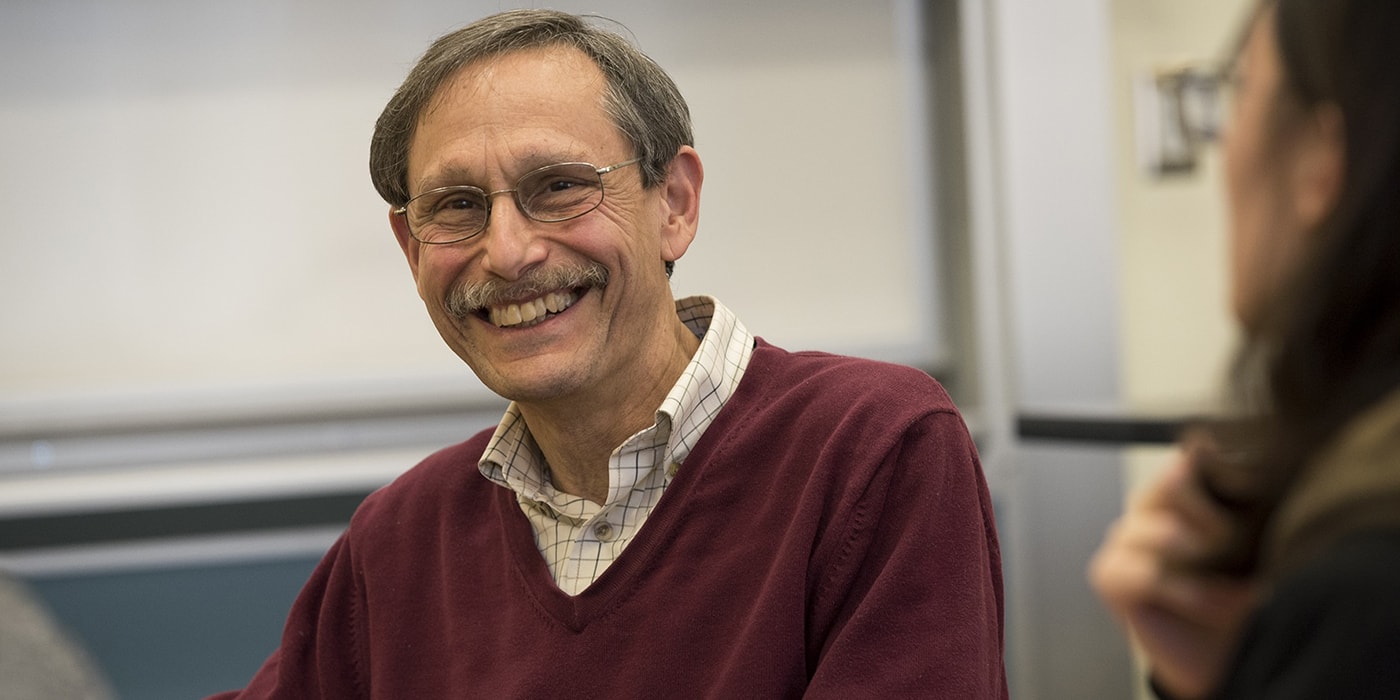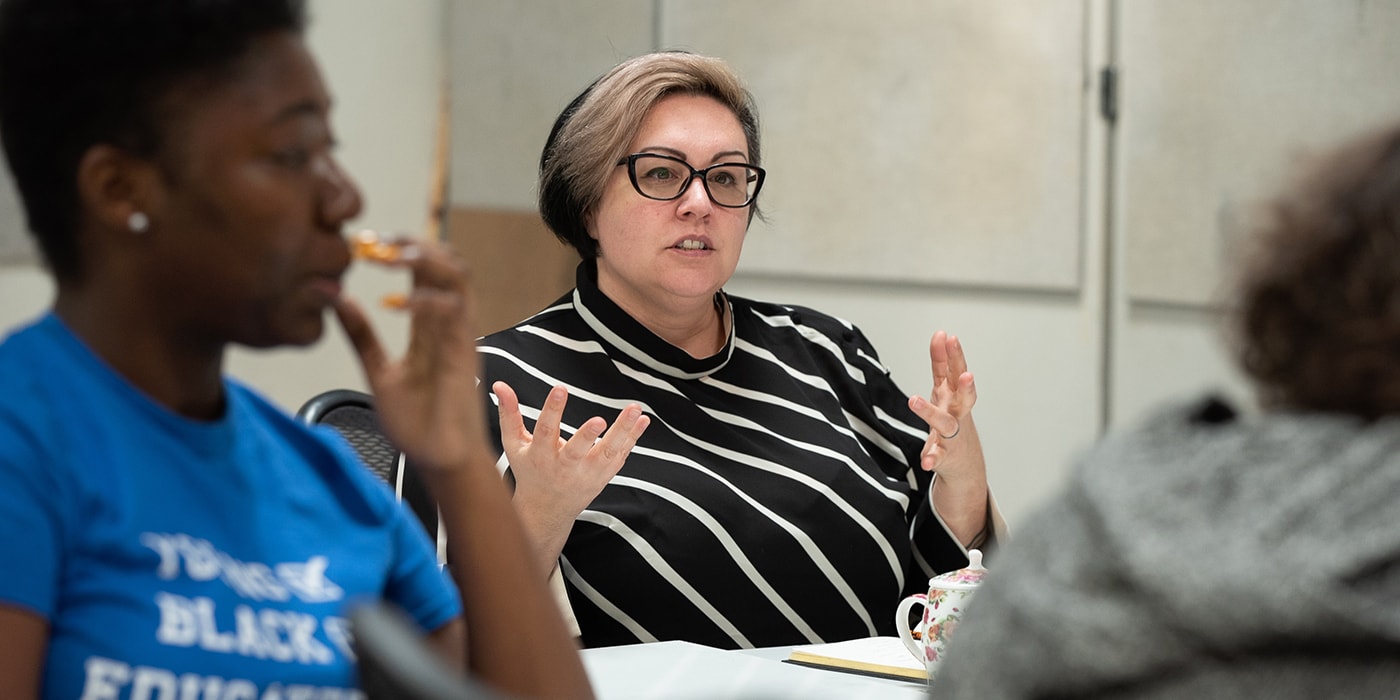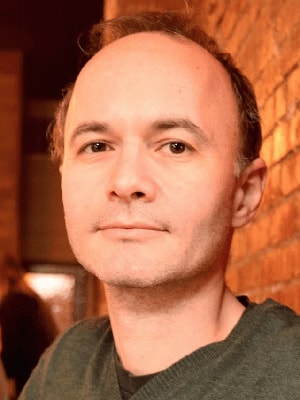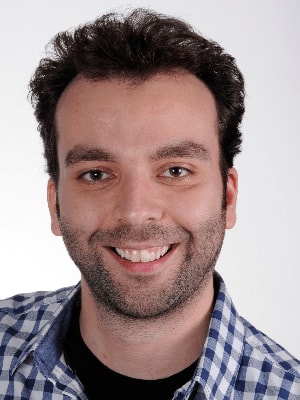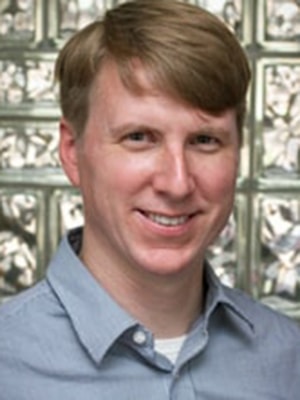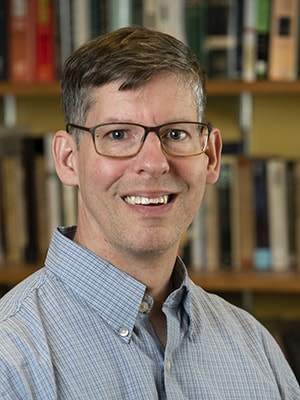Carnegie Mellon Salutes Its Best in Education
By Bruce Gerson
& Kelly Saavedra
Carnegie Mellon University will pay tribute to 11 exceptional faculty and staff who have made outstanding contributions in teaching, advising, mentoring and outreach at the annual Celebration of Education at 4:30 p.m., Tuesday, April 30 in the Tepper Building’s Simmons Auditorium.
This year’s recipients are:
- Joel Greenhouse, Robert E. Doherty Award for Sustained Contributions to Excellence in Education;
- Po-Shen Loh, William H. and Frances S. Ryan Award for Meritorious Teaching;
- Andrea Francioni Rooney, Award for Outstanding Contributions to Academic Advising and Mentoring;
- Bonnie Youngs, Barbara Lazarus Award for Graduate Student and Junior Faculty Mentoring;
- Randy Weinberg, Mark Gelfand Service Award for Educational Outreach; and
- Molly McCarter, Teaching Innovation Award.
Innovation Team awardees are Umut Acar and Anil Ada, and Peter Adams, Katarzyna Snyder and James Wynn.
In addition to the above award winners, the ceremony will recognize Casey Roark and Gilbert Resendez, this year’s Graduate Student Teaching and Graduate Student Service Award winner, respectively. College teaching award winners and Wimmer Faculty Fellows will be honored as well.
Joel Greenhouse’s impact at Carnegie Mellon began almost immediately after he joined the university more than 35 years ago as a postdoctoral fellow in the Statistics Department.
Soon after his arrival, Greenhouse began teaching the introductory to statistics course. He redesigned it to emphasize statistical reasoning rather than the more traditional focus on probability and statistics, and added a computer-based laboratory component. The course and Greenhouse’s teaching talents were a hit, improving student performance in data analysis, and enhancing the Dietrich College’s reputation for its strength in statistics and analytics.
The course also raised Greenhouse’s stature at CMU. After only five years at CMU, Greenhouse won the college’s Elliott Dunlap Smith Teaching Award and the university-wide Ryan Award for Meritorious Teaching.
Greenhouse’s lasting contributions also include creating the master’s degree program in statistical practice, helping to found the Science and Humanities Scholars and Information Systems programs, and developing a summer undergraduate internship program in statistics for minority students.
In addition to teaching, he was an associate dean, vice chair of Faculty Senate, vice chair of the First-Year Council, a member of the university’s Strategic Planning Committee and a current member of the Task Force on the CMU Student Experience.
Greenhouse’s faculty nominators, Rob Kass, John Lehoczky and Mark Schervish, praised his deep and sustained impact on Carnegie Mellon. “He is frequently called upon and never disappoints. He is the consummate university citizen,” they said.
Vice Provost for Education Amy Burkert lauded Greenhouse’s concern for students, his passion for teaching and advising, and his dedication to advancing the educational mission of his department, his college and university. She called him one of her “go-to” faculty members.
“Joel embodies the true essence of what the Doherty Award aims to recognize — innovative and dedicated educators who have made a significant impact on our students and our educational mission,” she said. “He keeps us honest, true to who we are, allows our passions to flourish and pushes us forward in a positive direction.”
Joseph Devine, associate dean in the Dietrich College, said Greenhouse is the type of visionary and dedicated educator that comes along all-too-rarely.
“CMU and Dietrich College have been blessed with its share of these stars: Steve Klepper, Preston Covey, Peter Stearns, Peggy Clark, Dick Tucker, to name a few. Joel is, I believe, most deserving to be included in this elite group,” Devine said.
Po-Shen Loh came to Carnegie Mellon in 2010 and quickly became known for his enthusiasm, effectiveness and overall excellence as an instructor.
Tom Bohman, head of the Mathematical Sciences Department, said Loh’s most impressive contribution to teaching at CMU has been his restructuring and expansion of the Putnam Seminar, which prepares undergraduate students to participate in the premier Putnam Mathematical Competition. After Loh began teaching the class, enrollment doubled to about 200 students each year.
“He teaches it in the style of an ‘inverted’ or ‘flipped’ classroom, with student discussion of the problems and presentation of solutions taking up a part of each class,” Bohman wrote in his nominating letter. “Rather than viewing this class as preparation for a competition, Po re-envisioned it as a problem-guided tour of mathematics, which develops core problem-solving skills that enhance the ability to learn and use higher-level mathematics.”
Loh holds seminar sessions each day and tailors each class to the students “presumed knowledge,” Bohman said.
Loh’s efforts have paid dividends as CMU placed first in the competition in 2016 and for the last seven consecutive years has had the second-most students from schools in the U.S. and Canada place among the top 500 individuals. In 2016, three students earned the Putnam Fellow designation by finishing among the top five individuals.
Bohman also noted the course Discrete Mathematics, which has earned a “sterling reputation” under Loh’s teaching.
“As a department head, I wish that I could assign him to more courses,” Bohman said.
Loh also is the lead coach for the U.S. International Mathematical Olympiad team of high school students. In 2015, he brought the team’s training program to CMU, where the team prepares for the competition. The U.S. has won three world championships in the last four years.
CMU sophomore Deborah Blank commended Loh for his collaborative teaching approach.
“Professor Loh would ask the students for ideas or intuitions on how to solve the problem ... which fostered an inclusive classroom environment,” she said. “He made me feel that I mattered as an individual and a teammate, and instilled in us a hunger to do our best and to be excited about competition math.”
Junior Nina Edwards said she has never seen a teaching style quite like Loh’s. She praised his dedication to students, creativity in designing problems, and his “remarkably engaging and dynamic style of lecturing.”
Sophomore Theodore Li said Loh was a “math evangelist” who makes math fun.
“Dr. Loh shares his enjoyment and passion for math and can rekindle any jaded student’s love for mathematics, which he would consider more of a success for his class than our constant top placings,” Li said.
Students call Andrea Francioni Rooney their “CEE Mom.” She’s their academic adviser, mentor and life coach who they admire for her wisdom, caring attitude, warm personality … and bowl of candy.
In their nominating letter, David Dzombak, head of the Civil and Environmental Engineering (CEE) Department, and Jeanne VanBriesen, professor of CEE and engineering and public policy, said Rooney always far exceeds student expectations in providing guidance.
“Andrea is clearly invested in each student personally,” they said. “Andrea not only shares information and wisdom with her advisees, she also encourages students to try new things and put themselves forward for new opportunities. It is often the strength of her expectations that give our students courage to stretch further than they thought they could.”
Dzombak and VanBriesen said a testament to Rooney’s impact on students is the connection they share after graduation.
“One of her favorite days of the year is commencement when she gets to celebrate with students and their families. While they leave us, they stay in touch, sharing photos and stories of their lives with her through the years,” they said.
Alumnus Ahmad Khanzada said Rooney helped him receive a holistic and authentic CMU experience by earning bachelor’s and master’s degrees in civil and environmental engineering with a minor in international relations and politics. He credits her with helping him to successful stints as president of the American Society of Civil Engineers and the Chi Epsilon Honor Society, and for securing an exclusive internship with AECOM in Qatar, the largest civil engineering company in the world.
“Her title as my academic adviser does not scratch the surface of what she has done for me or my fellow students,” Khanzada said. “She was a constant motivator to me every time I entered her office. Luckily, she is a lifelong mentor and friend.”
Alumna Angela Ng said Rooney positively affected every CEE student.
“She was with us for all the highs and lows, cheering us on and picking us back up,” Ng said. “There is no doubt in my mind when I say without Andrea I would not be the woman I am today. I can’t imagine Carnegie Mellon without her warm, caring spirit. Because I knew her, I have been changed for good.”
Alumnus Millard McElwee called Rooney one of the best resources at CMU and her office a “safe haven for students seeking a myriad range of advice.”
“While at CMU, I met some truly incredible students and faculty, but Andrea stands out amongst the most incredible,” he said.
Bonnie Youngs is an engaging and passionate teacher, adviser and mentor who deeply cares about her students and colleagues on a professional and personal level. Her nominators say her many interactions with junior faculty members and graduate students are crucial to their success as well as the department’s. They say her “heart is in the work.”
Youngs was nominated by Susan Polansky, head of the Modern Languages Department; Khaled Al-Masaeed, assistant professor of Arabic Studies; Tatyana Gershkovich, assistant professor of Russian Studies; Mame-Fatou Niang, assistant professor of French and Francophone Studies; Candace Skibba, associate teaching professor of Hispanic Studies and associate director of the master’s degree program in Applied Second Language Acquisition; and Ph.D. student Gerdine Ulysse.
Youngs was praised for going beyond the call of duty, from hosting welcome dinners at her home to taking students to doctor’s appointments, to rushing to a hospital to provide support to a colleague giving birth.
“It’s difficult to express adequately how much she has contributed to supporting others in our community to help them on their professional paths as well as to address special personal circumstances in deeply meaningful ways,” Polansky said.
Skibba praised Youngs’ mentoring approach.
“Bonnie has a very unique way of providing information and support while encouraging growth,” she said. “She doesn’t dictate how growth should happen. Rather, she illuminates various paths that could lead to such growth so that one finds their own way, learning from the process all the while.”
Gershkovich said Youngs was a big help to her when she joined CMU.
“I feel especially grateful that in my first year at Carnegie Mellon she made herself available to meet me any time I had a question or problem,” Gershkovich said. “She would answer my emails in minutes and counsel me on everything from administrative to pedagogical issues. I have been lucky to have Bonnie’s help in navigating a new city, a new institution and new aspects of my professional life.”
Alumna Elena Marusek said Youngs made her and fellow students feel at home.
“Bonnie has a way of interacting with people that instantly makes them feel like family,” she said. “That year, she treated the M.A. students like her daughters. We were six young women coming from different backgrounds, with different personalities, training to teach different languages, yet somehow Bonnie was able to provide each of us with exactly what we needed to become successful foreign language teachers.”
Alumna Lin Zhu called Youngs a “lifelong role model.”
“As a language professor myself now (Chinese), I still remember her teaching to me in graduate school: always be innovative, energetic and engaging,” she said.
In his more than 20 years at Carnegie Mellon, Randy Weinberg and his information systems students have benefited people around the world, from Pittsburgh to Qatar, Switzerland to Rwanda, and India to the Philippines.
Weinberg is the architect of Carnegie Mellon’s Information Systems Program in the Dietrich College, which is perhaps best known for its service-learning component. In a capstone course, students partner with communities and nonprofit organizations that Weinberg identifies to develop sustainable information technology solutions to help their operations. It is the only service-learning course required of a major.
Weinberg’s nominators — Dietrich College Dean Richard Scheines and teaching professors Joe Mertz, Sara Moussawi, Raja Sooriamurthi, Jeria Quesenberry and Larry Heiman — praised his teaching and leadership of the program and his long-lasting influence on students and society.
“Because of his direct leadership, we have been able to scale service-learning and outreach to new heights. For instance, during the spring 2019 term, we have 93 students engaged in outreach working with 28 community organizations,” his nominators wrote. “For service-learning and educational outreach to have a lasting impact, we need leaders like Randy who weave it into the normal day-to-day operations of our teaching.”
Weinberg has advised more than 50 semester-long student service-learning projects with organizations such as the Pittsburgh Community Food Bank, United Way, Phipps Conservatory and Meals on Wheels.
Alumnae Katie Cameron and Karon Hawkins said their project with Meals on Wheels was critical to their success and appreciation of civic duty.
“Professor Weinberg helped us as a team see that not far from our own doorsteps are people that need the skills taught to us … demonstrating that the education he provides is more than just a diploma, it’s a service to others,” Hawkins said. “His outreach has impacted the lives of many inside and outside the walls of Carnegie Mellon.”
Weinberg has served as faculty director of the information systems program at CMU in Qatar, travelling there more than a dozen times over the past 12 years, and has been a project adviser for the information systems project course at the Heinz College. He is a senior adviser to the Technology Consulting in the Global Community course, in which students work with developing countries to use technology more effectively.
Alex Hills noted Weinberg’s work as an adviser and fundraiser, who has helped to secure two endowment gifts of $100,000 each.
“Before Randy joined the TCinGC Program, it struggled to maintain adequate funding, but Randy has been instrumental in solving this problem by working to attract new donors,” said Hills, a distinguished professor of engineering and public policy.
Recently, Weinberg has initiated service-learning projects in health care, focusing on leveraging information systems and technology to benefit student health and wellness.
Weinberg retired in January and is now working part-time, to the chagrin of his colleagues.
“He leaves very big shoes to fill,” his nominators said.
Molly McCarter’s course, “Leadership Workshop: Ethics and Innovation,” encourages students to find an individualized path to leadership through self-knowledge.
The course begins with an introduction to the 21 different skills that leaders use to create strong and healthy collaborative environments. Students then embark on a series of cycles through levels of leadership, during which they examine, identify and work on skills they most need to improve.
“Week after week, we had difficult conversations in this safe space, where we discussed our character flaws, our strengths, and how we live from day to day,” alumna Abby Sorese said. “By the end of the course, we had never felt more vulnerable, had never been so self-aware. We were all feeling like we had just walked back out into the world for the first time.”
Today, Sorese has her dream job working as a stage manager for Cirque du Soleil.
“I am now a leader despite all those flaws I uncovered in Molly’s leadership class,” she said.
Dick Block, associate head of the School of Drama, has observed a noticeable improvement in the school’s production management since the implementation of the course.
“There is no question that quality of the leadership overall within our production process has improved immeasurably over the past few years, and this is unquestionably in part due to the inventive teaching techniques that Professor McCarter has applied in her leadership course.”
Block said the management students, who function as leaders for the school’s productions as part of their curriculum, are now showing more confidence, clearer priorities, better intuition and more genuine respect for their collaborators than he has seen in the past.
“They have learned how to take charge of a meeting, how to guide a conversation that might be moving astray, and how to negotiate a difficult relationship among their peers,” he said.
Block also noted many of these students have moved into powerful and important positions in the theater world and have been hugely successful in developing their careers.
“Many of them have commented to me how much they attribute much of their success to Professor McCarter and this course specifically,” he said.
While the course was originally designed for stage and production management students in the School of Drama, Amanda Malia Courtney, a master’s degree student in the Heinz College, believes anyone who works on a team would benefit from its curriculum, which emphasizes self-assessment, empathy, problem-solving and group dynamics.
“This course immediately brought about real-time changes in how I consider and practice leadership,” said Courtney, who landed a leadership and management position right after graduation with a television production company filming locally.
“My most prominent successes and rapid advancement within this production company are directly attributable to Molly’s construction of the curriculum, and the new and dynamic thought processes this class instilled within me,” she said.
Team Teaching Innovation Award
Umut Acar, Associate Professor, Department of Computer Science
Anil Ada, Assistant Teaching Professor, Department of Computer Science
Umut Acar and Anil Ada, faculty in the Computer Science Department, have won a Teaching Innovation Award for their work on Diderot, an “online textbook” learning system they developed in support of computer education.
Diderot brings multiple educational tools together, which is not something many other platforms do. It includes a communication system like Piazza, a note-taking system like Adobe Reader, and a code submission and grading system like Autolab, and keeps the textbook, homework and reference materials organized in one place.
Diderot allows instructors to upload course content to the web platform and represent it in a way that makes the content highly interactive. Students are able to interact with the content fluidly, which is organized in a hierarchy of chapter, section, subsection and paragraph blocks. Each section is an interactive element, allowing students to take notes on the material, bookmark specific blocks, send feedback, ask questions or have peer discussions.
Designed to handle code, Diderot is cloud-based, taking up no additional machine or office space at the university. It is being used by 500 students in three different courses on a day-to-day basis and seamlessly runs student codes, adjusting as needed to meet demand.
One impact of Diderot has been a significant increase in student engagement. Compared to Piazza, the professors measured a 30 percent increase in the number of posts per student.
“Diderot was a great asset to my education,” said sophomore Kalpa Anjur. “It is an extremely flexible and multi-faceted learning tool that fit my learning style, and that I, and many others, found to be very effective.”
Amy Lee, also a sophomore in computer science, said Diderot was instrumental to her course performance.
“I’m not exaggerating when I say that Diderot is a godsend,” Lee said. “I very much hope that its development continues. Much thanks to Umut Acar and Anil Ada for having the bright idea to create it.”
Junior history major Thomas Wrazbetz found one of the most beneficial features of Diderot to be the system’s potential for development.
“Diderot is far superior to generalist university website services,” Wrazbetz said. “I think the trend is to periodically switch to new services that provide a different mix of features, but Diderot can be incrementally developed to meet new needs while maintaining all of its previous features and eliminating the cost of learning new software.”
Team Teaching innovation Award
Peter Adams, Professor, Civil & Environmental Engineering and Engineering & Public Policy
Katarzyna Snyder, Adjunct Instructor, Dietrich College
James Wynn, Associate Professor of English and Rhetoric, Department of English
When Peter Adams, Kasia Snyder and James Wynn ask students about climate change, the response is usually enthusiastic and along the lines of dying coral reefs, severe weather and species extinction. However, when they ask the students how communication, economics and politics fit into the picture, the response is typically silence.
The Grand Challenge Seminar on Climate Change course they teach leverages discussion groups, genre analysis and mock negotiations to demonstrate the transdisciplinary nature of climate change, and their teaching strategies have helped students understand the diversity of perspectives required to address it.
“The structure of the course always made for interesting and engaging discussion,” said Greta Markey, a first-year student in civil and environmental engineering and engineering and pubic policy.
The format for most of the classes consisted of student-led discussions based on assigned readings and facilitated by student moderators in small groups, followed by reflection with a lesson on policy, science or rhetoric.
“By integrating student-led deliberation into the classroom format, students acted as ‘experts’ in specific topics. Through the process of leading and moderating discussions, we gained a deeper understanding of the issues that influence climate change and also developed into more confident speakers,” Markey said.
The reading assignments and subsequent conversations covered a range of topics, from journalistic reporting to blackbody radiation. One student commented that the conversations helped her see the connections between the media and science.
“It was interesting to see how the media can alter scientific findings and impact the scientific community,” she said. “I always thought the media and the scientific community were two separate entities. After this course I learned they are very intertwined.”
In the genre analysis portion of the course, students use cues of language and argument to analyze a research article from the journal Science on glacial movement. To the students’ amazement, the rhetorical principles that operate in science help them identify and understand scientific argument without necessarily being subject matter experts.
Climate negotiations challenged the students’ newly acquired argumentative reasoning skills and knowledge of the complexity of climate change. Working in small groups, the students learned the difficulty of addressing the needs of developing and developed countries to the satisfaction of both as well as the importance of transparency in holding all countries accountable.
“Most importantly, we learned that sometimes seemingly insurmountable differences can be resolved by a willingness to compromise,” said Markey, who often tells people this was her favorite class of the semester because it allowed her to formulate, argue for, or change her opinion on whatever they were discussing.
“I wasn’t just reviewing a topic presented by my professors and regurgitating it back into the homework or on an exam,” she said. “In this course, I was learning how to think for myself in real-time against the presentation of conflicting evidence and competing arguments.”

